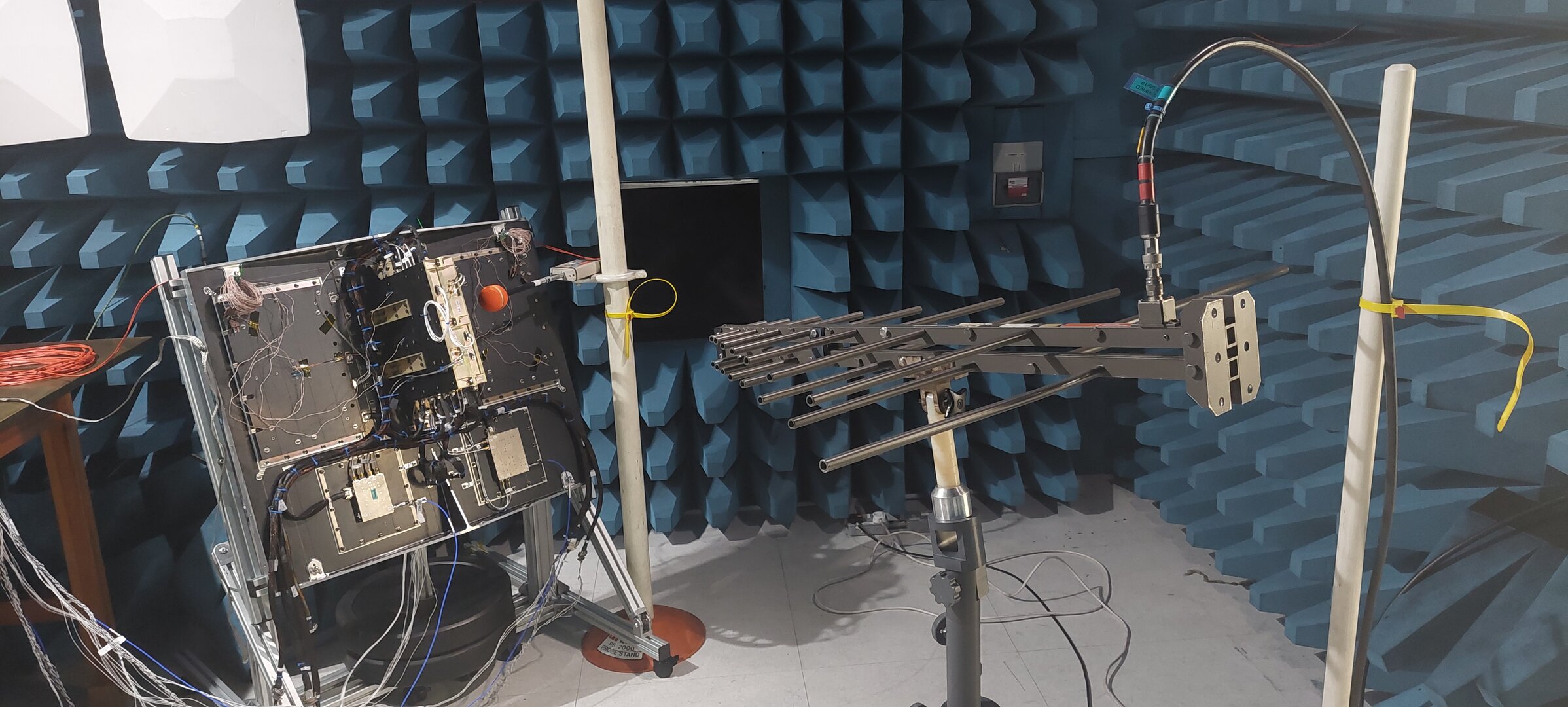
Dignan is addressing the problems for the EMS sector posed by the component shortages.
”Geopolitical events are now leading OEMs (EMS’ ultimate customers) to become increasingly impatient as end users still ‘need the product’,” writes Dignan.
”The theme of globalisation is retracting to one of having a local supply chain that can be agile and flexible.”
“This will ultimately see reshoring from Asia by UK OEMs, creating opportunity for UK indigenous companies – not to mention the benefits of a ‘greener solution’.”
”However, Asia supplies most of the world’s electronic components, so how can these opportunities be fulfilled?” asks Dignan.
“Is survival the ‘new normal’ for many, or can the EMS sector create better organisational structures that embrace these challenges? Can we be chameleon like and always adapt to the environment?”
”The way many companies are coping is to focus on the ‘collaboration chain’ that connects component manufacturers, distributors, EMS, and end customers.”
”Improving collaboration is one way we can build longer-term resilience into the supply chain, gaining advantages such as greater visibility and the flexibility to introduce alternative suppliers into the ‘supply web’,” adds Dignan.
“Clearer visibility of end-customer demand will allow component scheduling to capture ‘areas of concern’ that will encourage supply chain specialists to look at alternative material acquisition strategies.”
“For many, this will involve using broker stock (if they have access) at a very high cost, or for the customer to redesign the product as quickly as possible while they secure stock in consignment until the redesign is tried and tested,” continues Dignan, “securing inventory means they will not lose position in the distribution queue.”
“All of this comes at a cost throughout the ‘collaboration chain’. Today, supply chains must have the adaptability to overcome continuous and rapid change.”
“It’s how the collaborative supply chain handles these changes, and distributes or absorbs the extra costs, that will enable companies to get out of survival mode and move forward from crisis management to something of a more stable future,” concludes Dignan.







